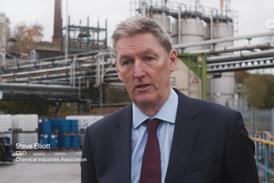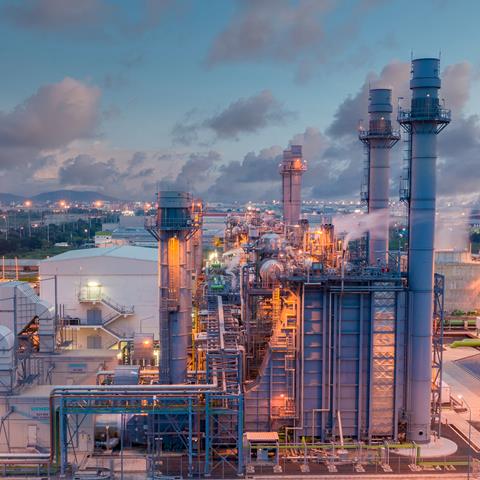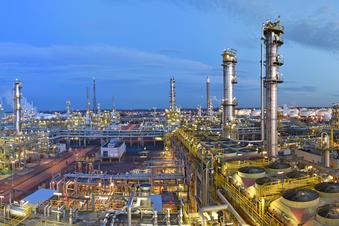The Climate Change Levy (CCL) is an environmental tax imposed on the energy use of UK businesses. It is designed to encourage businesses to become more energy efficient thereby reducing their carbon emissions.
Since its introduction in 2001, the CCL has been instrumental in driving energy efficiency in the UK’s industrial sectors, but as we focus on the challenge of industrial decarbonisation, it is becoming clear that the CCL acts a blocker to investment in net zero manufacturing.
This is because decarbonisation of industry involves switching our heat demand away from natural gas towards electricity, biogas and hydrogen, all of which come with a green premium that has a CCL charge on top.[1] Moreover, these low carbon fuels typically use more energy in total, i.e. they are less energy efficient. The use of carbon capture, where it is required, will also raise costs and increase total energy demand.
It is now widely acknowledged that high electricity cost is a key barrier to manufacturing investment in the UK and the Government has acted to remove policy and network cost from the electricity bills of energy intensive industry through the British Industry Supercharger. The CCL is the obvious next lever to pull to improve the competitiveness of our foundation industries and support their decarbonisation.
Instead of targeting marginal energy efficiency gains, the CCL should be redirected towards emission reduction by fuel-switching, which would be more in line with the aims of government and industry. The guiding principle must be that sites are not incentivised to invest their limited capital in energy efficiency over decarbonisation, where the latter might use more energy but would make a greater contribution to saving the planet.
The wider CCL review, announced by the Government in the Spring Statement 2025, is an opportunity to repurpose the CCL to better support the switch to low carbon fuels. This could be done by exempting the purchase of certified clean electricity, hydrogen, and biogas, or through the exemption of all low carbon fuels to a site that can demonstrate it has switched away from natural gas.
If sites could benefit from a CCL exemption for investment in decarbonisation, this would go some way to improving the business case for clean manufacturing in the UK. This is a key aim of Government and of fundamental importance to reaching net zero.
[1] HM Treasury intends to remove the CCL charge that green hydrogen producers currently face.






















